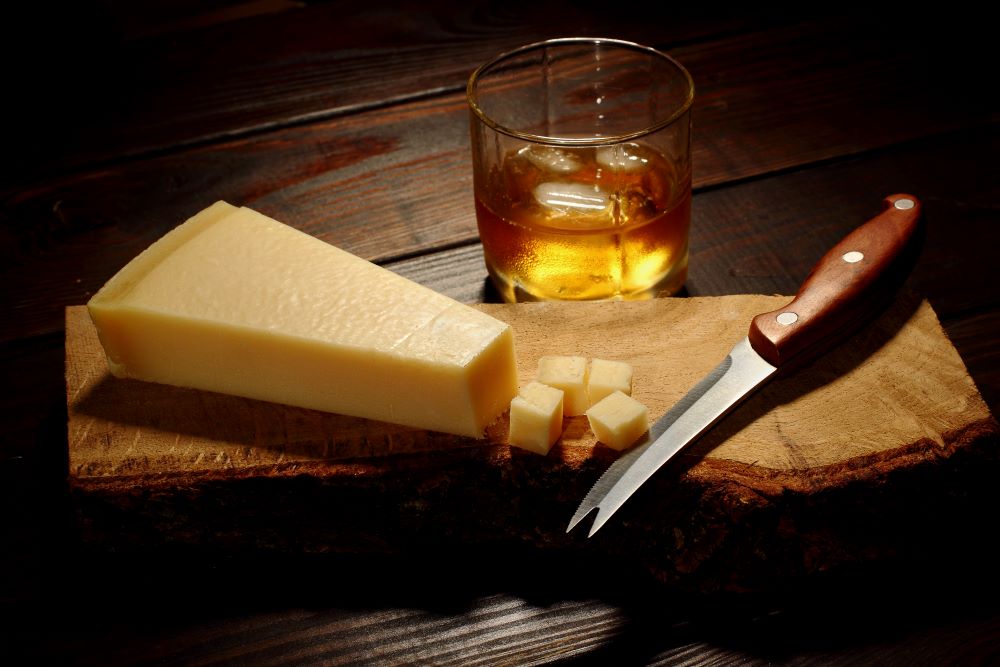
The new BTOM rules coming in on 31 January continue to dominate the trade news agenda for the food and drink sector, but what else is happening in the sector?
The IOE&IT Daily Update looks at some of the key recent stories from one of the UK’s most significant sectors.
UK food inflation…
December saw a welcome drop in food inflation rates, which fell below 10% – the lowest figures for 17 months.
This was attributed to competition between supermarkets, leading to Christmas discount offers to attract consumers.
However, the ongoing crisis in the Red Sea – where Houthi attacks on commercial vessels are disrupting global supply chains – has led to an increase in the cost of some food staples. Many ships are currently being forced to reroute around the Horn of Africa, adding time and cost to the journey.
IOE&IT director general Marco Forgione predicts consumers will soon feel the effect of this disruption, whether through “shortages, price rises or ‘skrinkflation’”.
A host of supermarket staples affected could include fruit, meat, grains, wines, coffee, tea and seafood, he told the FT.
… not as bad as Argentina’s
The current situation in Argentina is enough to make anybody grateful for 10% food inflation.
After years of printing money to finance public spending, new president Javier Milei has embarked on an aggressive mission to reverse historic economic mismanagement – devaluing the peso’s exchange rate and letting price-fixing agreements lapse.
The immediate result was a surge in inflation with figures reaching 211.4%. As price rises outstripped wage growth, the purchasing power of Argentinians is estimated to have fallen 10% in December, according to consultancy FMyA.
Unsurprisingly, this has taken a significant toll on people’s quality of life with Reuters offering a detailed report in which Argentinians share the cutbacks they’ve had to make.
From pensioners giving up hosting traditional barbecues for friends, to butchers sharing stories of customers blithely accepting accidental charges of two times the actual cost because nobody can keep track of price increases, the situation facing ordinary citizens is extreme and shows no sign of abating soon.
Festive food export boost
Despite data revealing the modest 0.08% increase that the Comprehensive and Progressive Agreement for Trans-Pacific Partnership (CPTPP) is predicted to yield for UK GDP, one recent beneficiary was the UK food and drink industry, according to data from the Department for Business and Trade (DBT).
Festive food exports saw a significant boost in popularity across CPTPP markets. British tipples such as Scotch whiskey jumped 31% in Singapore and 43% in Malaysia, while exports of sparkling wine to Japan were up 140%. British chocolate also saw a 220% boost in Singapore.
Business and trade secretary Kemi Badenoch touted the success in the context of what’s now termed “the Indo-Pacific tilt”, in which foreign and trade policy is being designed to boost ties with one of the fastest growing economic regions in the world, averaging 8% annual GDP growth. Badenoch added that once the UK’s membership is fully ratified – anticipated with parliamentary approval later this year – “tariffs on more than 99% of good will be set at 0%”.
Reaction to the UK’s accession to the bloc has been tepid, on account of minimal predicted growth and the existing bilateral agreements between the UK and many CPTPP members.
However, benefits such as additional duty reductions on sensitive goods could be advantageous for the food and drink industry. Deloitte analysis notes that enhanced market access for dairy products in Canada, Chile, Mexico and Japan, as well as tariff removals on whisky and chocolate exports to Malaysia, are examples of CPTPP “wins”.
Whisky wins
CPTPP progress on whisky duty reductions was highlighted in the latest report from the Scotch Whisky Association (SWA).
While it’s been a doubly successful start to the year for UK’s best food and drink export, with Scotch whiskey reportedly adding £7.1bn to UK coffers in 2022, the publication also highlights the barriers the beverage still faces. This includes high duty rates set by many key partners, including India, with which a trade deal needs to be finalised.
Mark Kent, the SWA’ chief executive, still praised the industry’s resilience despite “turbulent” recent years. He said:
“We faced retaliatory tariffs in the US, in addition to the global pandemic and the knock-on economic pressures.
“It is vital that the industry is supported by government so that businesses can continue to invest in the UK economy.”
Border changes
We couldn’t avoid mentioning the Border Target Operating Model – or BTOM.
We are rapidly approaching the introduction of new import controls as part of the BTOM, including new sanitary and phytosanitary (SPS) rules for animal-origin and plant-based products from the EU.
New measures implemented under BTOM include checks introduced comparable to those placed on UK exports since January 2021 at the end of the post-Brexit transition.
Beginning with the introduction of health certificates for medium-risk animal products, plants, plant products and high-risk food (and feed) of non-animal origin on 31 January 2024, regulations will come into force throughout 2024, ensuring EU exports are held to the same standards as products from the rest of the world.
Places on our SPS training course for tomorrow (18 January) are still available and you can gain insight from yesterday’s IOE&IT webinar on challenges and opportunities for the sector this year, here.



